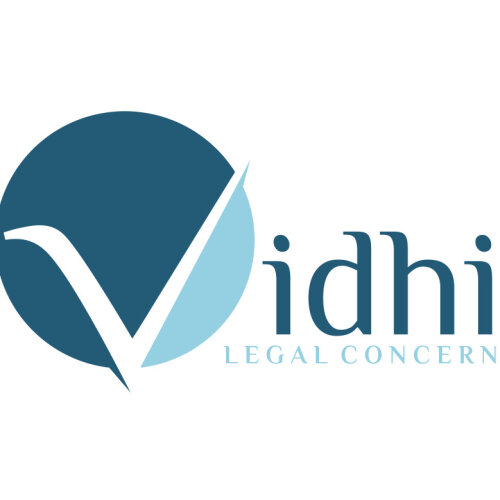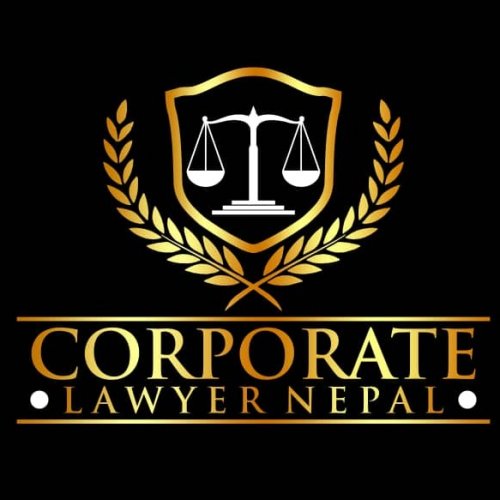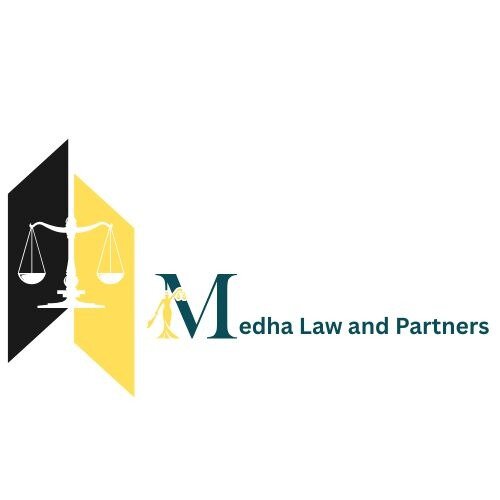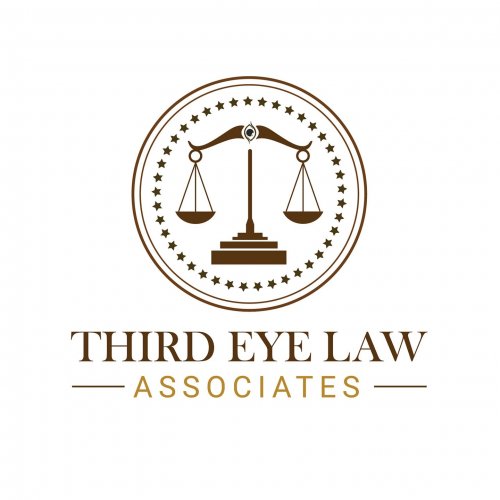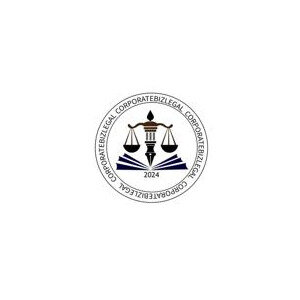Best Communications & Media Law Lawyers in Nepal
Share your needs with us, get contacted by law firms.
Free. Takes 2 min.
Or refine your search by selecting a city:
List of the best lawyers in Nepal
About Communications & Media Law in Nepal
Communications & Media Law in Nepal is a dynamic field that governs the regulation of media entities, the dissemination of information, and the rights and responsibilities of individuals and organizations engaging in communication activities. The legal framework encompasses a variety of issues including freedom of expression, broadcasting rights, telecommunications, censorship, intellectual property, privacy, and defamation. The laws are influenced by the constitutional guarantees of free speech while balancing state interests and the protection of public order, morality, and national security.
Why You May Need a Lawyer
There are several scenarios where individuals and organizations might require legal assistance in the field of Communications & Media Law in Nepal. These include:
- Censorship and Free Speech: Navigating issues related to censorship, free speech, and content regulation, especially for journalists and media houses.
- Defamation and Libel: Handling defamation claims and understanding what constitutes libel in the context of media reports and publications.
- Data Privacy: Ensuring compliance with data protection laws when collecting or processing personal data, particularly online.
- Intellectual Property Disputes: Resolving issues pertaining to copyrights, patents, and trademarks.
- Advertising Standards: Understanding and complying with legal standards relevant to advertising content.
- Licensing and Compliance: Securing necessary licenses for operating media services such as television and radio broadcast stations.
Local Laws Overview
Nepal's legal landscape in media and communications is shaped by several key statutes and regulations:
- The Constitution of Nepal 2015: Guarantees the right to freedom of opinion and expression, press, and publication.
- Press Council Act 2048 (1992): Establishes guidelines to maintain journalistic standards and ethics.
- The National Broadcasting Act 2049 (1993): Regulates broadcasting operations and outlines licensing norms.
- Electronic Transactions Act 2063 (2008): Governs legal recognition of digital transactions and penalties related to cybercrimes.
- Copyright Act 2059 (2002): Provides protection for various types of intellectual property, including creative works.
Frequently Asked Questions
What are the key rights of media personnel under Nepalese law?
Media personnel have the right to free expression, freedom of press, and publication as guaranteed by the Constitution, while adhering to related laws preventing misuse of these freedoms.
Is there a regulatory authority overseeing media practices in Nepal?
Yes, the Press Council Nepal and the Nepal Telecom Authority are the main regulatory bodies overseeing media and telecommunications practices.
What constitutes defamation under Nepalese law?
Defamation occurs when false statements are made that harm an individual's reputation without lawful justification, which may lead to legal action and penalties.
Are there laws governing digital content in Nepal?
Yes, the Electronic Transactions Act and the Cyber Crime Act regulate digital communications, addressing issues from encryption to fraudulent online activities.
What are the consequences of broadcasting without a license?
Failure to obtain a proper license can result in fines, sanctions, and potential closure of the broadcasting entity under the National Broadcasting Act.
How are privacy rights protected in media practices?
Privacy rights are safeguarded under various laws that prevent unauthorized use of personal data and intrusion into private life, subject to regulatory compliance.
How can disputes regarding intellectual property be resolved?
Disputes can be resolved through legal proceedings, where the Copyright Act and related provisions offer a framework for protection and enforcement of intellectual property rights.
What is the liability of online platforms for user-generated content?
Platforms may have limited liability, provided they adhere to codes of conduct and take prompt action on illegal content once reported, as stipulated in relevant regulations.
Can foreign media operate in Nepal?
Foreign media can operate via compliant channels, adhering to local laws and often requiring partnerships or affiliations with local agencies for smooth operation.
Are there restrictions on advertising content in media?
Yes, advertising in media must conform to public morality and decency standards, as stated in advertising guidelines and relevant media laws to avoid penal actions.
Additional Resources
For those seeking further assistance or information regarding Communications & Media Law in Nepal, consider consulting the following resources:
- Press Council Nepal: Provides regulatory oversight and publishes guidelines for journalists.
- Nepal Bar Association: Offers legal resources and access to qualified legal professionals.
- Ministry of Communications and Information Technology: Sets policies and oversees communications and media sector development.
- Online Libraries & Databases: Access legal databases for statutes, case laws, and comprehensive legal literature.
Next Steps
If you need legal assistance in Communications & Media Law in Nepal, consider the following steps:
- Define Your Needs: Identify the specific issues you're facing, whether it's licensing, compliance, or litigation-related.
- Consult a Lawyer: Seek professionals who specialize in Communications & Media Law to receive tailored advice and representation.
- Gather Documentation: Collect all relevant documents, contracts, correspondence, and evidence pertinent to your case.
- Schedule a Meeting: Arrange consultations to explore your legal options and strategies in addressing the issue.
- Comply with Procedural Requirements: Ensure all forms, applications, and complaints adhere to legal protocols to avoid delays.
Lawzana helps you find the best lawyers and law firms in Nepal through a curated and pre-screened list of qualified legal professionals. Our platform offers rankings and detailed profiles of attorneys and law firms, allowing you to compare based on practice areas, including Communications & Media Law, experience, and client feedback.
Each profile includes a description of the firm's areas of practice, client reviews, team members and partners, year of establishment, spoken languages, office locations, contact information, social media presence, and any published articles or resources. Most firms on our platform speak English and are experienced in both local and international legal matters.
Get a quote from top-rated law firms in Nepal — quickly, securely, and without unnecessary hassle.
Disclaimer:
The information provided on this page is for general informational purposes only and does not constitute legal advice. While we strive to ensure the accuracy and relevance of the content, legal information may change over time, and interpretations of the law can vary. You should always consult with a qualified legal professional for advice specific to your situation.
We disclaim all liability for actions taken or not taken based on the content of this page. If you believe any information is incorrect or outdated, please contact us, and we will review and update it where appropriate.
Browse communications & media law law firms by city in Nepal
Refine your search by selecting a city.






